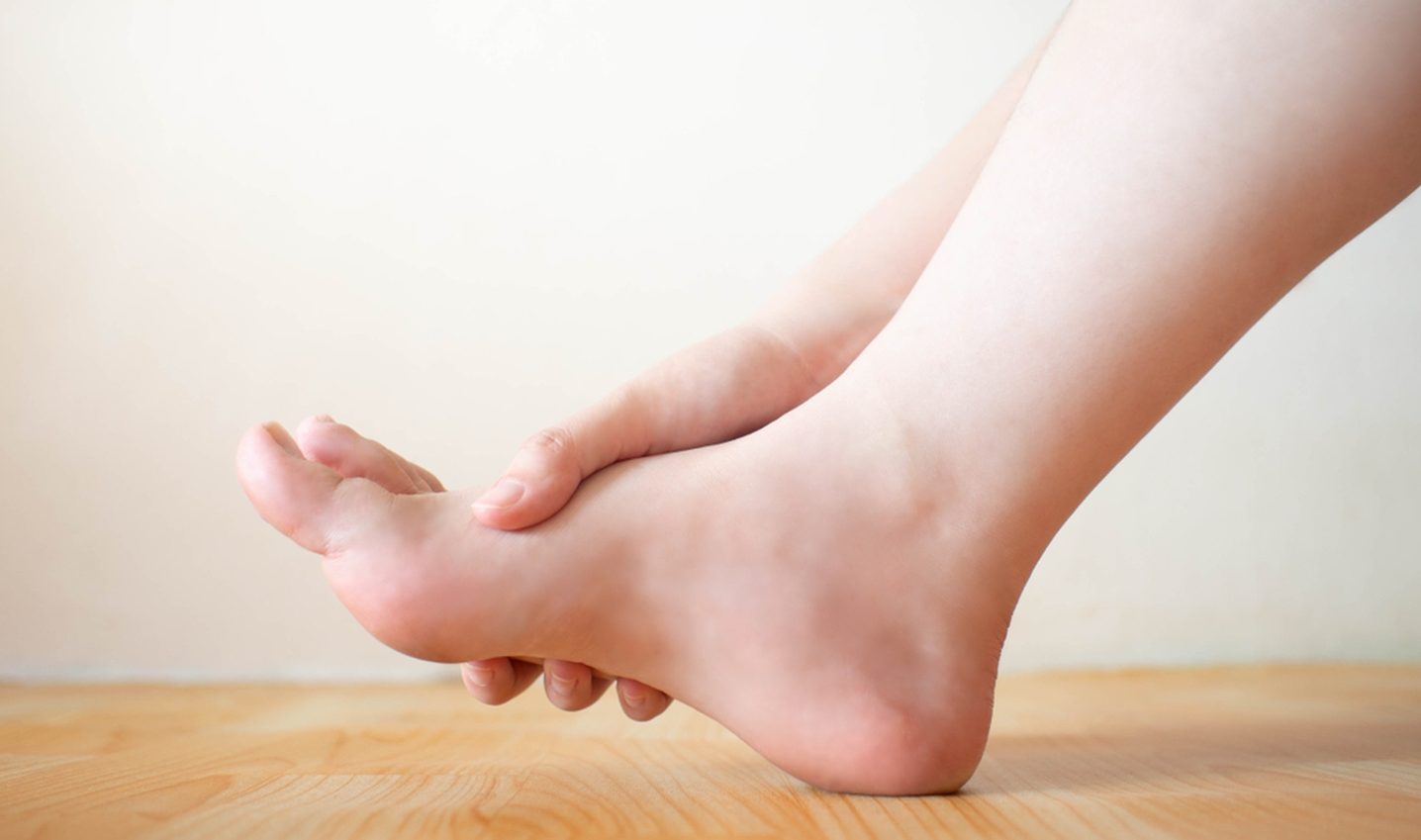:max_bytes(150000):strip_icc()/could-falling-asleep-too-fast-be-a-sleep-problem-3015146_V2-13d637b9535e49e5bcd7fed53728dc6f.png)
Have you ever woken up in the middle of the night with a sensation of pins and needles in your legs? This feeling is commonly known as "falling asleep." Although it is not a serious medical condition, it can be a discomforting experience. In this article, we will explore why legs tend to fall asleep when we sleep.
What Happens to Your Legs When You Sleep?

When you lie down to sleep, your body undergoes various physiological changes. Your heart rate slows down, your breathing becomes more shallow, and your muscles relax. As your body relaxes, the blood flow to your legs decreases.
Why Does Blood Flow to Your Legs Decrease?

The decrease in blood flow is due to the position of your body when you sleep. When you lie down, your heart has to work harder to pump blood to your legs because of gravity. This means that less blood reaches your legs, and as a result, your legs may feel numb or tingly.
What Causes the Sensation of "Falling Asleep"?

When the blood flow to your legs is restricted, the nerves in your legs can become compressed. The compression of nerves can cause a tingling sensation or numbness in your legs. This sensation is commonly known as "falling asleep."
Is "Falling Asleep" Harmful?

Falling asleep is not harmful in most cases. The sensation usually goes away within a few minutes after you change positions or move your legs. However, if you experience persistent numbness or tingling in your legs, it may be a sign of an underlying medical condition.
What Are the Risk Factors for "Falling Asleep"?

Some people are more prone to falling asleep than others. The risk factors include:
- Sleeping in a position that puts pressure on your legs
- Being overweight or obese
- Sitting or standing for long periods of time
- Pregnancy
- Medical conditions such as diabetes, peripheral neuropathy, or multiple sclerosis
How Can You Prevent "Falling Asleep"?

There are several things you can do to prevent falling asleep:
- Avoid sleeping in a position that puts pressure on your legs
- Stretch before going to bed
- Exercise regularly
- Maintain a healthy weight
- Avoid sitting or standing for long periods of time
When Should You See a Doctor?

Most cases of falling asleep are not serious and can be managed with self-care measures. However, if you experience persistent numbness or tingling in your legs, you should see a doctor. This may be a sign of an underlying medical condition that requires treatment.
The Bottom Line

Falling asleep is a common phenomenon that occurs when the blood flow to your legs is restricted. Although it is not a serious medical condition, it can be discomforting. By following the preventive measures discussed in this article, you can reduce your risk of falling asleep and improve the quality of your sleep.
Meta Description
Discover why legs tend to fall asleep when we sleep. Learn about the causes, risk factors, and preventive measures for falling asleep in this informative article.
Meta Keywords
falling asleep, sleeping legs, numb legs, tingling legs, pins and needles, blood flow, compression of nerves, risk factors, preventive measures.